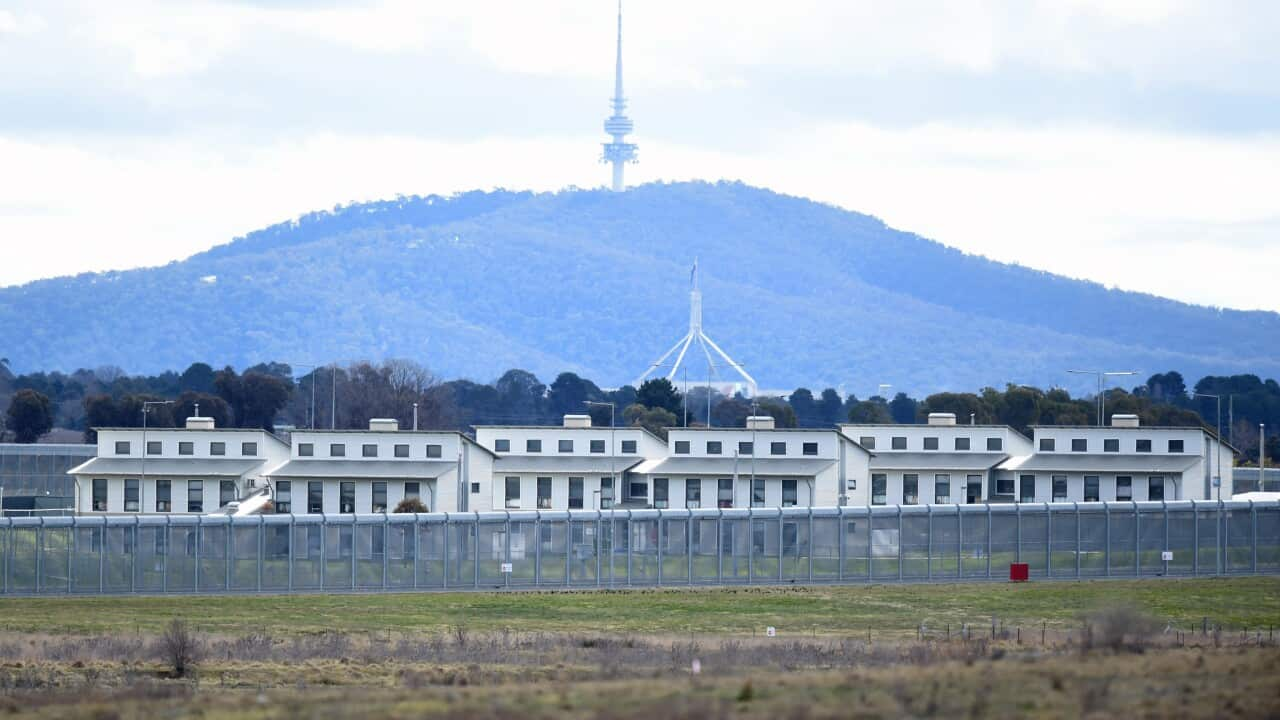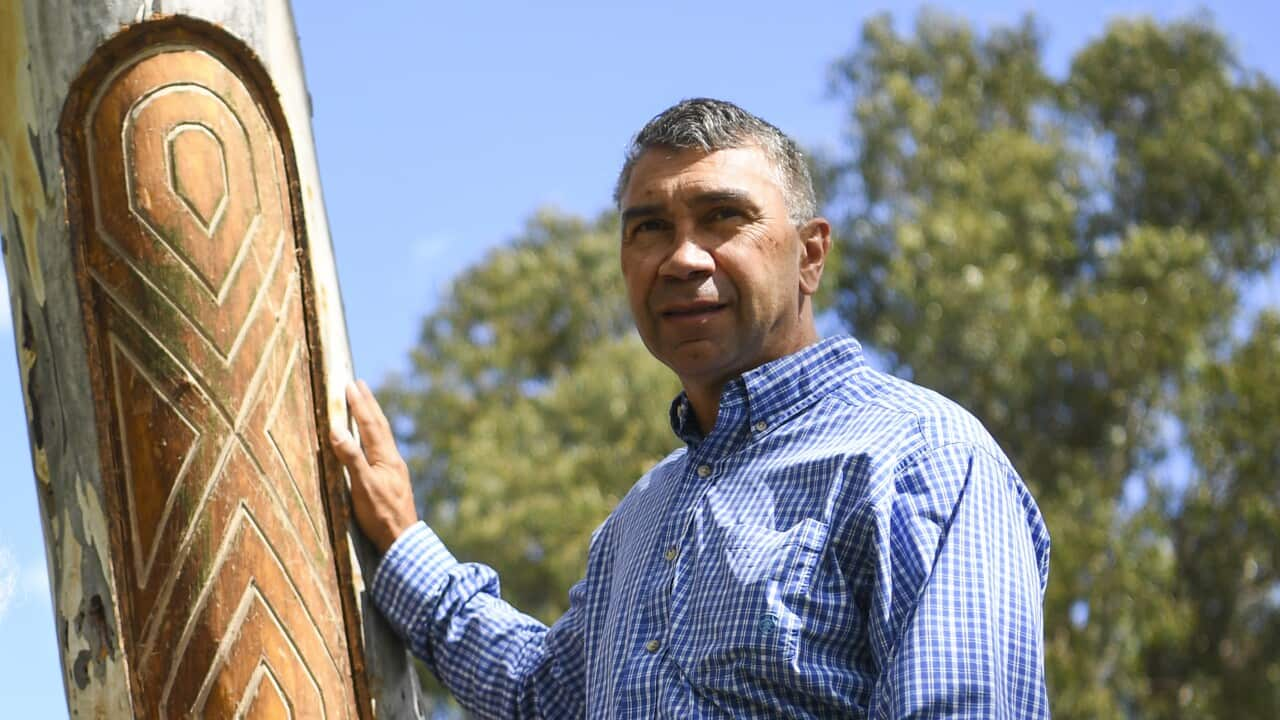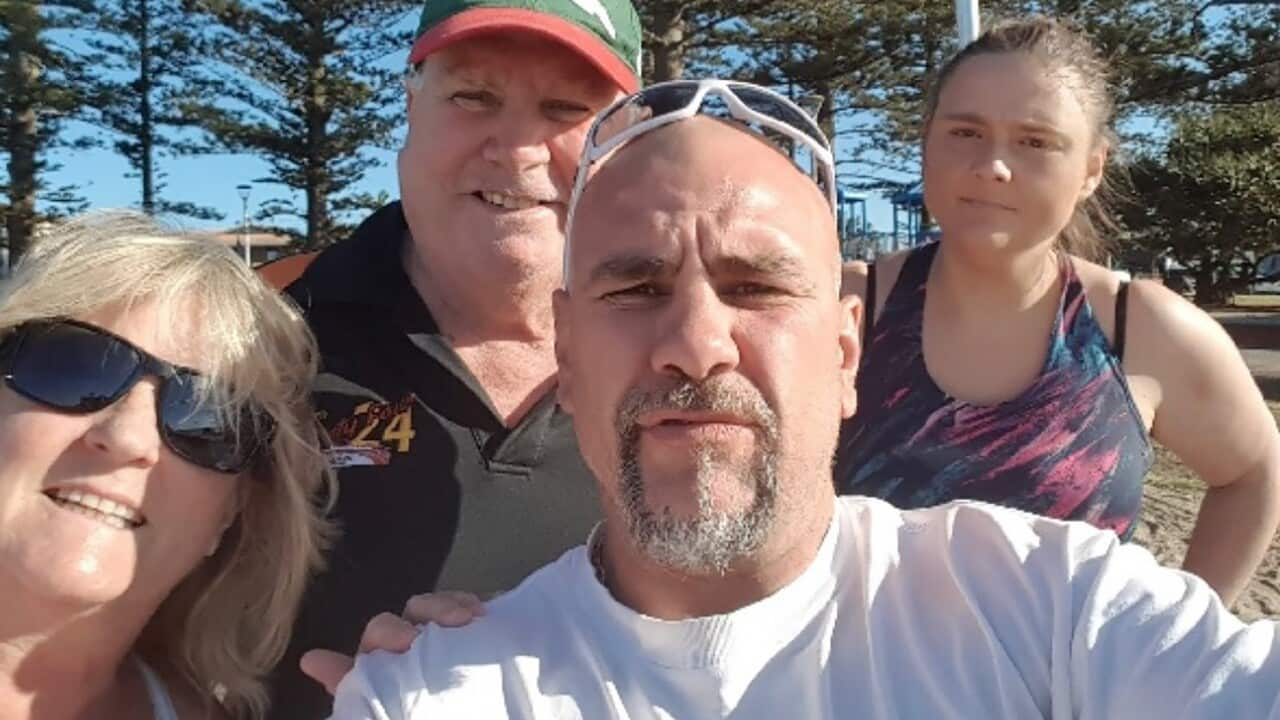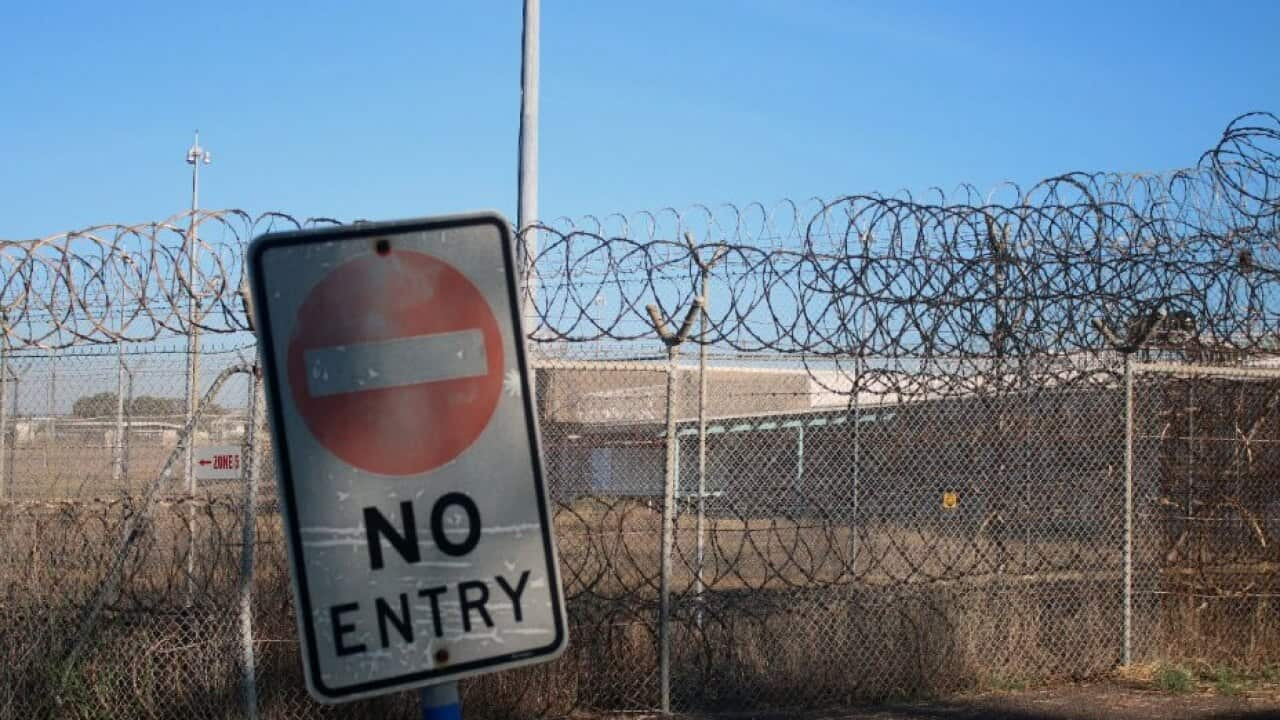ACT Policing is investigating the death of a 34-year-old Aboriginal man at the Alexander Maconochie Centre (AMC).
Just before 8am last Thursday, August 29, staff at AMC found the man unresponsive in his cell.
Despite efforts by staff and emergency services, he was declared deceased a short time later.
Police are investigating the circumstances of the incident and a report will be prepared for the Coroner.
Chief Executive of Aboriginal Legal Service NSW/ACT Karly Warner said the man's death is a tragedy.
"Our thoughts and condolences are with the family of the deceased and we stand ready to support them in the coronial inquest which will be held into his death," the palawa woman told NITV.
“Aboriginal people continue to die in custody at a higher rate than the general population, and the Royal Commission into Deaths in Custody found over 30 years ago this is due to the extraordinary rate at which Australian police and courts lock up our people.
"Yet in 2024, we are still not on track to close the gap in adults or children in custody and too many critical Royal Commission recommendations are gathering dust on the shelf.”
ACT Corrections and Justice Health Minister Emma Davidson said it was a very distressing situation.
"My thoughts are with the family, friends and community of the deceased," she said.
"Every death is a tragedy and felt deeply across the community."
Calls for inquiry into ACT's justice system
Julie Tongs, the chief executive of Canberra's Winnunga Nimmityjah Aboriginal Health Service, has been supporting the man's family.
She criticised the territory's disproportionate number of jailed Indigenous people, saying systemic issues were unjustly funnelling them into the carceral system.
"I'm sick of the spin that the politicians put on this," the Wiradjuri woman said.
"We might have, in comparison to other states, a small number but regardless of how small the numbers are that's still 130 Aboriginal people in [AMC] prison, and the majority of them shouldn't be there.
"We hear all the rhetoric around how mental health and drug and alcohol is a health issue, not a prison issue, but here in the ACT, it's become a prison problem because there's no other services to refer them to."
Ms Tongs says it's time for a Commission of Inquiry (the ACT's equivalent of a Royal Commission) into prisons and the criminal justice system.
"We need to the bottom of this and start to address these issues," she said.
"We're always the ones who are picking up the pieces.
"There's no accountability, no-one wants to take any responsibility, they're not transparent and it's just really frustrating."
'Imprisonment fuels criminality'
Writing in the Canberra Times, former ACT Chief Minister and senator Gary Humphries, co-chair of the Justice Reform Initiative in the ACT, said the AMC "could be accused of merely warehousing criminals rather than rehabilitating them".
First Nations people make up only about 2 per cent of the ACT's population, however, in 2021-22 they accounted for 25 per cent of the prison population.
The ACT has the lowest incarceration rate in the country but it also has the highest rate of people returning to prison, with 80 per cent of all detainees having been in prison before.
"What this suggests is that imprisonment fuels, rather than deters, criminality," Mr Humphries said.
"The evidence is overwhelming that a high proportion of our prison population nationally consists of people with complex social, intellectual, health and interpersonal problems which are exacerbated by incarceration ...
"Imprisonment is the 'default' response to criminal behaviour, but the evidence increasingly suggests that it is the least effective response."















